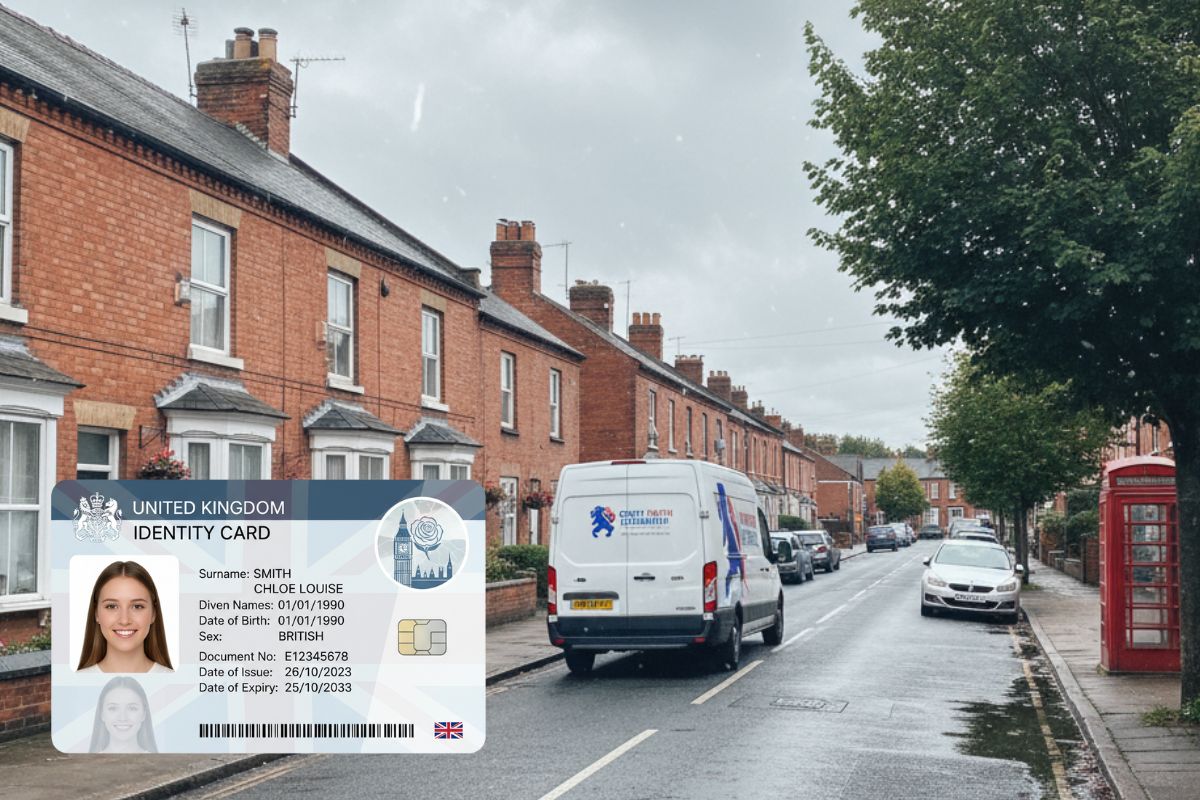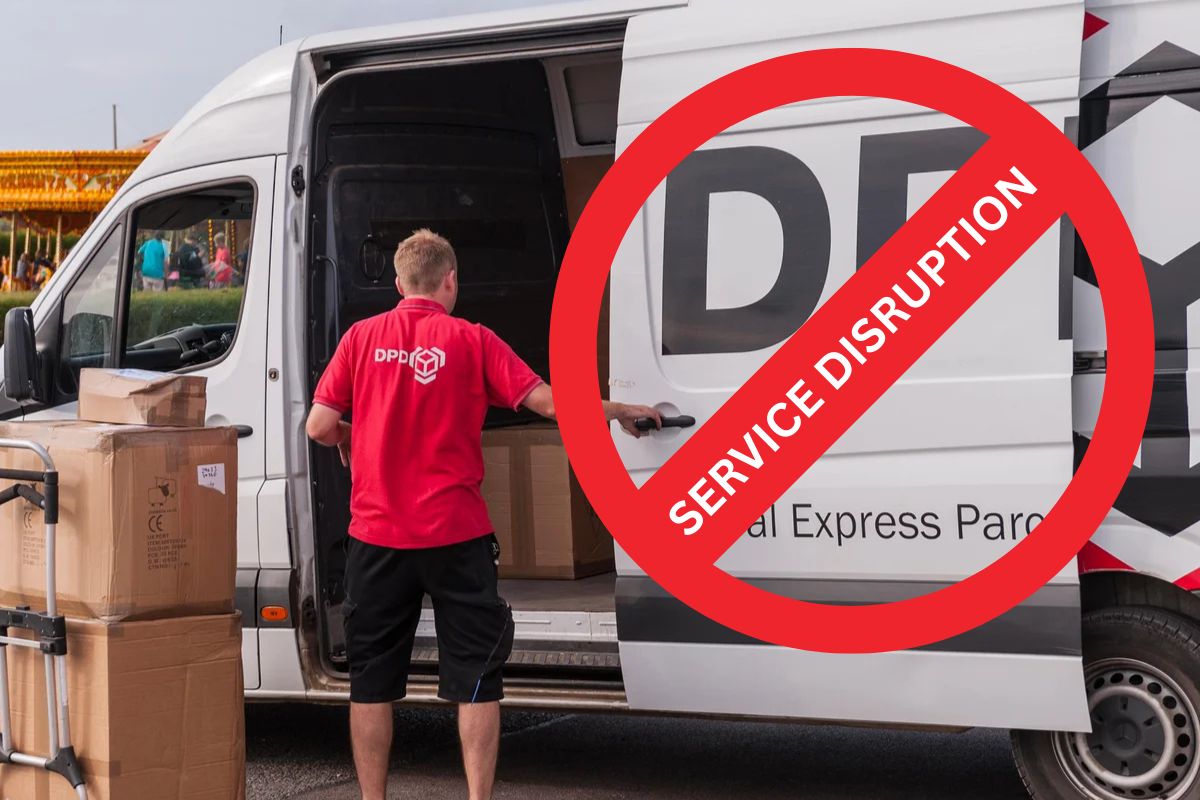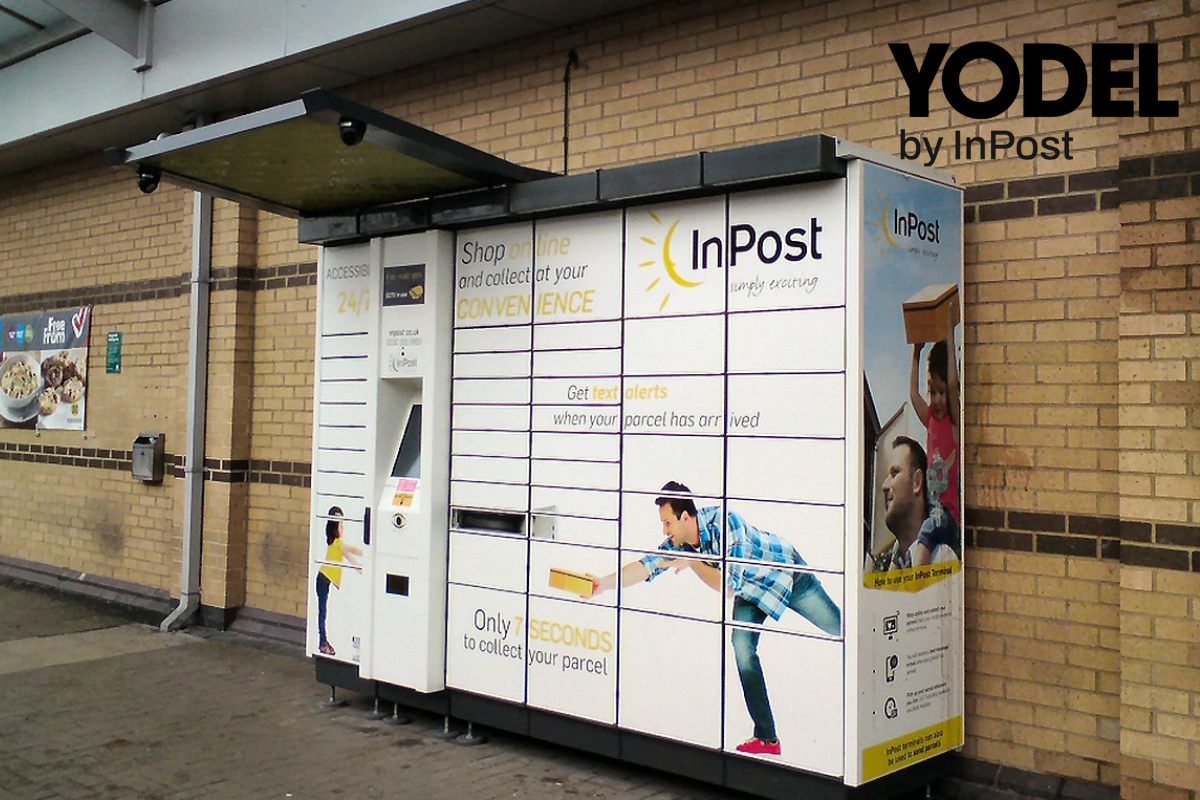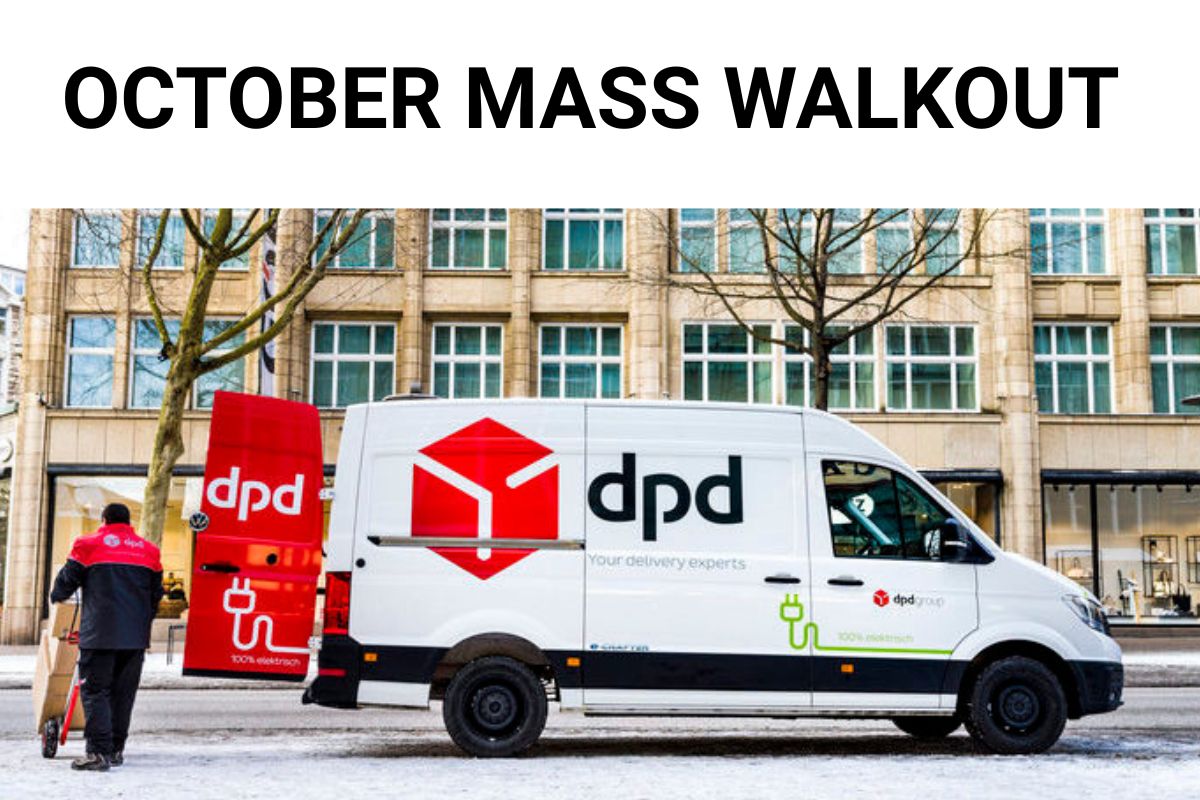The government’s proposed digital ID card system could finally address one of the courier industry’s most shameful open secrets: the systematic failure to properly verify that delivery drivers have the legal right to work in the UK.
While ministers frame the digital ID cards as a solution to migrant “pull factors,” the reality is that major courier companies have spent years turning a blind eye to inadequate right to work checks, creating a system where drivers can operate for weeks without proper verification before disappearing into the ether.
The proposal, discussed in an emergency Cabinet meeting chaired by Sir Keir Starmer on Tuesday, would introduce mandatory digital identification that could finally force companies like Evri to take their legal obligations seriously.
The Courier Industry’s Right to Work Checks Scandal
The scale of the problem becomes clear when you examine how different courier companies approach driver verification.
While Royal Mail and established operators maintain rigorous background checking procedures, the gig economy courier sector operates with standards that would make a hiring manager blush.
Evri, already infamous for their customer service failures, takes up to five weeks to complete basic right to work checks for new drivers.
During this extended period, drivers can access the Evri network with minimal oversight, handling thousands of valuable parcels across the country.
Yodel operates similarly lax procedures, with industry sources reporting that drivers can begin work almost immediately while background checks drag on for weeks.
The company’s ongoing ownership chaos hasn’t helped matters, with basic administrative functions suffering amid the legal battles.
DPD maintains somewhat more professional standards, though even their procedures fall short of what traditional employers would consider adequate verification.
The recent theft scandals involving their warehouse workers suggest that even their enhanced checks aren’t catching all the red flags.
The Five-Week Window of Opportunity
This extended verification period creates a perfect storm for exploitation.
Drivers can register with vehicles that lack proper commercial insurance, begin handling valuable deliveries immediately, and if they choose to steal or disappear, they’re often long gone before the background checks are complete.
The courier companies’ defence is typically that they’re balancing rapid recruitment needs with proper verification.
But this argument falls apart when you consider that traditional employers manage comprehensive checks within days, not weeks.
The reality is that companies like Evri have built business models that depend on rapid driver onboarding to handle peak periods and high turnover rates.
Thorough verification would slow this process and potentially reveal the true scale of drivers who wouldn’t pass proper screening.

How Digital ID Cards Could Transform Driver Verification
A mandatory digital ID system would eliminate the current grey areas that courier companies exploit.
Instead of relying on self-declared information that takes weeks to verify, companies would need to verify identity and work eligibility instantly through a government-backed digital system.
This would particularly impact the gig economy courier model, where drivers often work for multiple companies simultaneously and can easily switch between platforms when issues arise.
A unified digital ID system would make it impossible for problematic drivers to simply move between Evri, Yodel, and other delivery platforms like Deliveroo when their background catches up with them.
The Estonian model that Pat McFadden has praised would allow instant verification of identity, work eligibility, and potentially flag any previous issues with courier companies.
This would end the current system where drivers can operate in limbo for weeks while companies pretend they’re conducting proper checks.
The Privacy Concerns That Miss the Point
Critics of digital ID cards raise legitimate privacy concerns, with campaign groups like Big Brother Watch warning of “Orwellian” surveillance systems.
But these arguments often ignore the current reality that courier drivers already undergo background checks. It’s just the system is just broken and easily circumvented.
A properly designed digital ID system would actually provide more transparency and control for individuals while closing the loopholes that currently allow problematic drivers to exploit courier networks.
The real resistance to digital ID cards likely comes from courier companies themselves, who would lose the flexibility to rapidly onboard drivers without proper verification. Companies that have built entire business models around cutting corners on driver verification would face significant operational changes.
The Broader Impact on Courier Industry Standards
Digital ID cards would force a fundamental shift in how courier companies approach driver recruitment and management.
The current race-to-the-bottom approach, where companies compete on how quickly they can get drivers on the road regardless of proper verification, would become impossible.
This could finally level the playing field between responsible operators who already conduct thorough checks and cowboys who exploit verification loopholes.
Companies like Royal Mail, which already maintain higher standards, would benefit from competitors being forced to match their verification procedures.
For customers who’ve suffered from theft, poor service, and unreliable deliveries, mandatory digital ID verification could represent a long-overdue improvement in courier industry standards.
The government’s digital ID proposal may be framed around immigration concerns, but its real impact could be forcing the courier industry to finally take driver verification seriously.
After years of companies like Evri prioritising rapid recruitment over proper checks, a mandatory digital system would eliminate the five-week verification window that’s allowed problematic drivers to exploit the system with impunity.
Want to know more about delivery companies and how they’re performing?
Check out our courier information section or browse our retailer guides to see which delivery companies your favourite shops are using.




